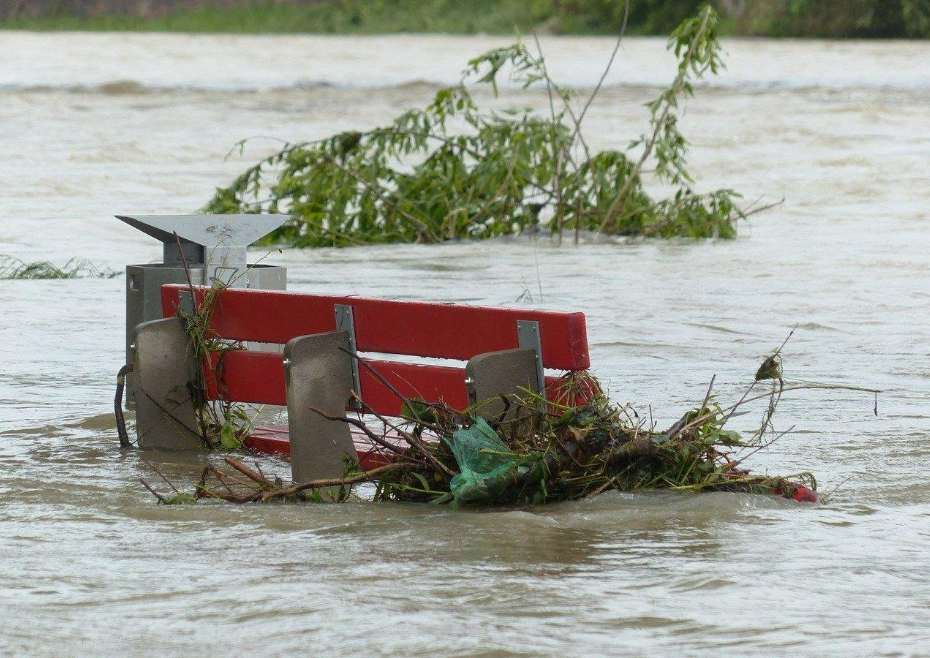This is a sponsored guest post.
Your family home is the heart of your life. It’s where you make the best memories with your kids and where the little dramas of everyday life play out. It’s hard to fathom how hard it would be if your family home were lost or damaged in a flood or a wildfire, as well as the longer-term disruption to your community and everyday routine that come from natural disasters.

Dealing with an insurance claim in the aftermath of a natural disaster isn’t the first thing on people’s minds, but it is urgent. Notifying your insurer of a loss is one of the first things you should do once you can confirm that loss. If you’ve had to leave your home due to a mass evacuation order, your home insurance may also cover some of those expenses, and once you are safely sheltered you should get in touch with your insurer.
Who Can Help You with Your Insurance Claim?
In a natural disaster, the Red Cross is often a first point of contact after a mass evacuation order is announced. They may be able to help you with the basics of obtaining and reading your insurance policy, but when it comes time to work closely on your claim, you may want to seek a professional. Insurance lawyers manage and negotiate claims with insurance companies on behalf of the homeowner.
The insurer works relies on their insurance adjuster who will inform the company how much they recommend the homeowner be compensated to settle the claim. Although they handle your claim and take you through the steps to rebuild or repair, at the end of the day, they are working on behalf of the insurance company and may be motivated to undervalue parts of your claim.
Getting your own legal help with your wildfire or flood insurance claim can benefit you in several ways:
- Reduced stress dealing with the claim, letting you focus on your family and adjusting to a temporary living arrangement;
- Help with all of the paperwork that comes with making your fire or flood insurance claim; and/or
Negotiating with the insurer if there are disagreements over the value of the claim. It is a good option to contact https://www.allcityadjusting.com/ to get 100% of your claim value.
The Four Parts of Residential Loss in a Natural Disaster
Losses covered by your insurance policy can be divided into four parts which the insurer will likely handle separately:
#1 Mass Evacuation
This covers the costs of evacuation and finding shelter while an Order of Evacuation has been issued by local authorities.
#2 Additional Living Expenses
When the evacuation order is over, if your home is uninhabitable, additional costs such as a shelter, storage, food, and transportation become part of your Additional Living Expenses. Coverage is only available for what you spend above and beyond your normal household budget.
#3 Contents
This area involves replacing personal belongings inside your home and on your property that were lost or damaged in the natural disaster. Coverage may also include restoration efforts. Disagreements often arise over the value of lost belongings.
#4 Structure
Last but not least, this part of your insurance coverage is used to repair damage done to the structure of your home, including the walls, roof, foundation, flooring, fixtures, etc.
There are many areas where you might disagree with your insurer over the value of your claim. Getting help is the best way to negotiate with them.



